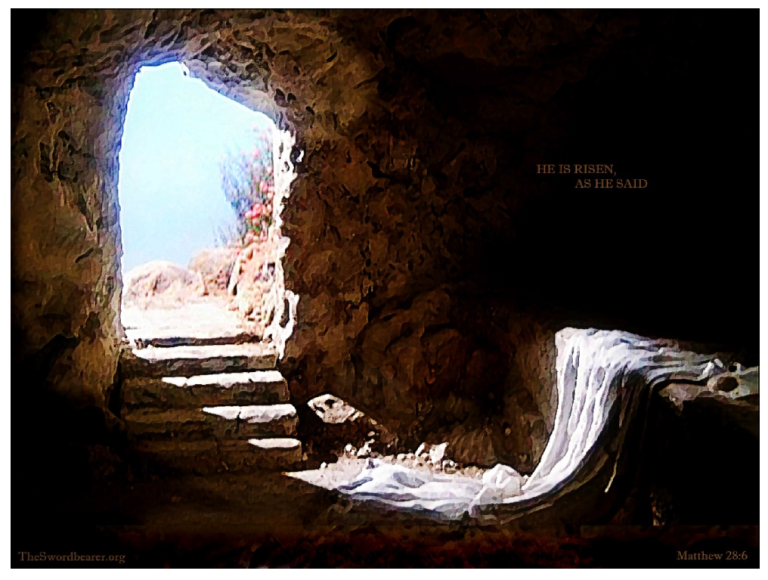In Luke 11:1, the Bible says:
‘And it came to pass, that, as he was praying in a certain place, when he ceased, one of his disciples said unto him, Lord, teach us to pray, as John also taught his disciples.’
We observe that Jesus’s disciples asked him, “Lord, teach us to pray, as John also taught his disciples.”
It means that they have observed Jesus pray. He gets results whenever he prays. The disciples on the other hand obtain zero results.
They knew there was something wrong with their approach to prayer.
Our prayers are ordained to get us results. It is written: the effective fervent prayer of the righteous man availeth much. (James 5:16)
So how do we approach God on the altar of prayer and obtain results?
In Mark 6:7, Jesus said: But when ye pray, use not vain repetitions, as the heathen do: for they think that they shall be heard for their much speaking.
This is where we must pay attention. What must we do so as not to fall into the trap of vain repetitions?
First, we must understand that prayer is a Word-based conversation with God. If I may put it differently, prayer is a conversation with God using his Word.
Every believer must be conversant with the Word of God because the Word is a powerful weapon in prayer. This is very important.
God speaking about his word in Hebrews’ 4:12, he said:
‘For the word of God is quick, and powerful, and sharper than any twoedged sword, piercing even to the dividing asunder of soul and spirit, and of the joints and marrow, and is a discerner of the thoughts and intents of the heart.’
And in Ecclesiastes 8:4 the Bible says:
‘Where the word of a king is, there is power: and who may say unto him, What doest thou?’
Therefore, we must use the powerful words of the King in our conversation with him.
Jesus said we must not indulge in vain repetition. What does that mean?
To understand what this is, let us go to 1 Samuel 17:39-40. Here the Bible narrates the confrontation between David and Goliath.
‘And David girded his sword upon his armour, and he assayed to go; for he had not proved it. And David said unto Saul, I cannot go with these; for I have not proved them. And David put them off him.
And David took his staff in his hand, and chose him five smooth stones out of the brook, and put them in a shepherd’s bag which he had, even in a scrip; and his sling was in his hand: and he drew near to the Philistine.’
David did not approach Goliath empty-handed. He chose 5 stones or five pebbles.
What is the relationship between what David did and our pattern of prayer?
Before we pray on any issue of concern, we must find scriptures that relate to the issue we are praying about.
There must be a scripture upon which we anchor our prayer. Praying without any supporting scripture is meaningless. It is a futile exercise.
It is like a lawyer going to a court of law to argue a case and does not back up his argument with either case law or statutory law. The judge will simply tell him off.
We must also find at least four more ‘supporting scriptures’ on the subject matter we are praying about.
David chose five pebbles, but he used only one. It is highly likely that you use only one scripture and hit the bull’s eye.
All these scriptures we have put together must be used in our conversation with God.
It is a sign of spiritual laziness when we limit ourselves to using one scripture; it shows we have not prepared ourselves adequately for the prayer.
Why must we use a combination of scriptures?
God is the Judge of all the earth. (Genesis 18:25).
When a lawyer appears before a judge for example that lawyer is fully armed with both case law and statutory law to support his/her case.
Any lawyer who does not know case law or statutory law cannot win any case.
The judge is not persuaded by the lawyer’s grammar or eloquence. He is persuaded by your strong reasonings.
So, God says: bring your strong reasonings.
‘Produce your cause, saith the LORD; bring forth your strong reasons, saith the King of Jacob.’ (Isiaih 41:21)
The Berean study Bible puts it this way:
“Present your case,” says the LORD. “Submit your arguments,” says the King of Jacob.
In 2 Kings 13:14-19, we encounter an intriguing story.
‘Now Elisha was fallen sick of his sickness whereof he died. And Joash the king of Israel came down unto him, and wept over his face, and said, O my father, my father, the chariot of Israel, and the horsemen thereof.
And Elisha said unto him, Take bow and arrows. And he took unto him bow and arrows.
And he said to the king of Israel, Put thine hand upon the bow. And he put his hand upon it: and Elisha put his hands upon the king’s hands.
And he said, Open the window eastward. And he opened it. Then Elisha said, Shoot. And he shot. And he said, The arrow of the Lord‘s deliverance, and the arrow of deliverance from Syria: for thou shalt smite the Syrians in Aphek, till thou have consumed them.
And he said, Take the arrows. And he took them. And he said unto the king of Israel, Smite upon the ground. And he smote thrice, and stayed.
And the man of God was wroth with him, and said, Thou shouldest have smitten five or six times; then hadst thou smitten Syria till thou hadst consumed it: whereas now thou shalt smite Syria but thrice.’
The man of God said unto the king of Israel: you should have shot five or six times for then you would have utterly consumed the enemy
What is the significance here?
When we gather scriptures in readiness for prayer, we must use them in the process of praying. That way, we avoid vain repetition.
Bishop Oyedepo once gave an analogy of how prayer works. He likened prayer to a man armed with a machete whose job is to cut down a mighty tree.
He said, it may look challenging at first, but each time you cut the tree, it becomes weaker and weaker until it falls.
If we pray for healing, use a combination of healing scriptures. If we are praying for wisdom, use a combination of scriptures about wisdom. That is how we do not fall into the trap of vain repetition.
That is what Jesus meant when he said: do not indulge in vain repetitions during prayer.
Jesus is LORD!
Bro Ify Onabu
26/04/2024




